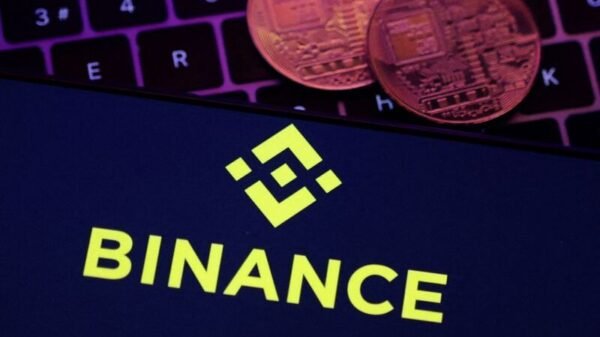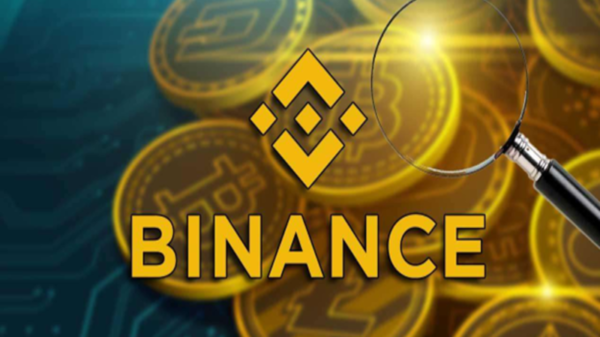More than a hundred companies that applied for a license to provide cryptocurrency services in Singapore were either denied or withdrew their applications. The country’s central bank, the Monetary Authority of Singapore, stated that “cryptocurrencies could be abused for money laundering, terrorism financing, or proliferation financing due to the speed and cross-border nature of the transactions” (MAS).
Singapore has strict crypto regulations
About 170 companies have applied for a license to offer “digital payment token services,” which includes crypto-related services since Singapore began regulating the crypto sector.
However, according to Nikkei Asia, more than 100 companies that applied for a license were either denied or withdrew their applications.
Exemptions were granted to companies that were operating in the country prior to the licensing regime’s implementation until their license applications were processed. In July, Tharman Shanmugaratnam, a senior minister, told parliament that 90 companies were operating under such exemptions.
“
“Cryptocurrencies could be abused for money laundering, terrorism financing, or proliferation financing due to the speed and cross-border nature of the transactions,” a spokesperson for the Monetary Authority of Singapore (MAS), the country’s central bank and crypto sector regulator, told the news outlet. The spokesperson continued,”
“
“In Singapore, digital payment token service providers must comply with requirements to mitigate such risks, including proper customer due diligence, regular account reviews, and monitoring and reporting suspicious transactions.”
Only DBS Vickers Securities, a unit of DBS Group Holdings, Southeast Asia’s largest bank; digital payments startup FOMO Pay; and Australia’s Independent Reserve are currently listed as licensed entities on the MAS website. In November, the MAS stated that Singapore aspires to become a global crypto hub.
“
“We are growing very quickly,” said DBS’s head of capital markets and chairperson of the bank’s crypto exchange in September. Cryptocurrencies and digital assets are gradually becoming more popular among investors.”
In September, the central bank ordered Binance to stop providing cryptocurrency services to residents. Binance announced last week that its Singapore platform would be shutting down.
The reason for the closure of Binance’s Singaporean exchange, according to CEO Changpeng Zhao (CZ), was an 18 percent stake in Hg Exchange (HGX), a regulated securities exchange in Singapore. However, according to Bloomberg, the real reason is that Binance failed to meet the requirements for a license to operate a crypto exchange.
Read more:






































Comment Template